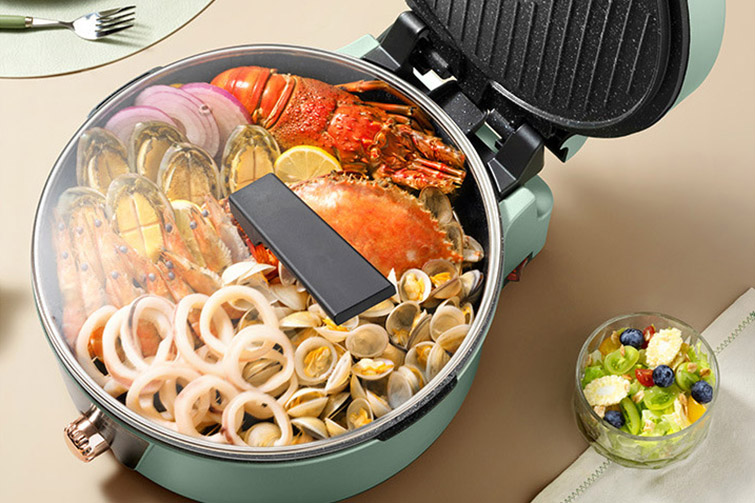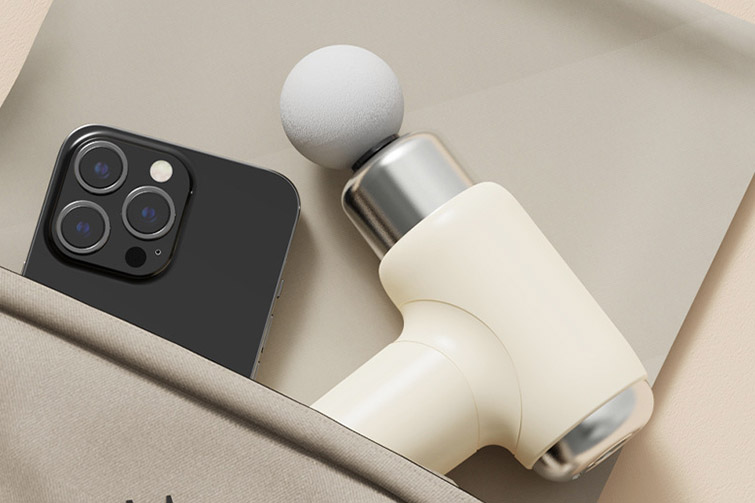

How to Choose Small Appliances to Avoid Them Gathering Dust
In today’s fast-paced world, small appliances can greatly enhance our daily lives, making cooking, cleaning, and organizing tasks more efficient. However, many people find that certain appliances end up being used only a few times before being relegated to the back of a cupboard or storage space. To avoid investing in small appliances that will gather dust, consider the following factors when making your selections.
1. Assess Your Needs and Lifestyle
Before purchasing any small appliance, evaluate your specific needs and lifestyle. Consider how often you cook, the types of meals you enjoy preparing, and the size of your household. For example, if you love making smoothies daily, a high-quality blender may be worth the investment. On the other hand, if you rarely host gatherings, a large food processor may not be necessary.
2. Research Versatility
Opt for small appliances that can serve multiple functions. A versatile appliance can save space and money while enhancing its utility. For instance, a multi-cooker can function as a slow cooker, pressure cooker, steamer, and rice cooker, making it a valuable addition to your kitchen. By choosing multifunctional devices, you maximize the chances of regular use.
3. Read Reviews and Gather Recommendations
Before making a purchase, read reviews and seek recommendations from friends or family. Look for insights on the appliance's performance, durability, and ease of use. Websites and forums dedicated to kitchen gadgets can also provide valuable information from consumers who have already used the products. Understanding the pros and cons will help you make an informed decision.
4. Consider Space and Storage
Evaluate your kitchen space and storage options before bringing home a new appliance. Large or bulky appliances can take up valuable counter or cabinet space, making them less likely to be used regularly. Consider where you will store the appliance and how easily you can access it. Appliances that are easy to store and retrieve are more likely to be used frequently.
5. Check for Ease of Use and Cleaning
An appliance that is difficult to use or clean may quickly lose its appeal. Look for models with user-friendly interfaces and simple operating instructions. Additionally, consider how easy it is to disassemble and clean the appliance after use. If the cleaning process is cumbersome, you may be less inclined to use the appliance regularly.
6. Set a Budget
While it’s tempting to go for the cheapest option, investing in a quality appliance can often be more cost-effective in the long run. Set a reasonable budget based on the features you desire, and be willing to spend a little more on a reliable product. Quality appliances tend to be more durable and efficient, which means they will likely be used more frequently.
7. Try Before You Buy
If possible, try out the appliance before making a purchase. Many stores have display models available for customers to test. This hands-on experience allows you to gauge the appliance's functionality and ensure it meets your expectations. You can also check if it fits comfortably in your kitchen space.
8. Think About Long-Term Commitment
Finally, consider whether the appliance is a long-term investment. Trends may come and go, but timeless appliances will remain relevant. Look for appliances that have stood the test of time and are backed by positive consumer feedback.
Conclusion
Choosing the right small appliances can significantly enhance your kitchen experience and streamline daily tasks. By assessing your needs, seeking versatility, researching thoroughly, and considering ease of use, you can make informed decisions that will prevent appliances from gathering dust. A thoughtful approach to selecting small appliances will ensure that they are valuable additions to your home rather than forgotten gadgets.






